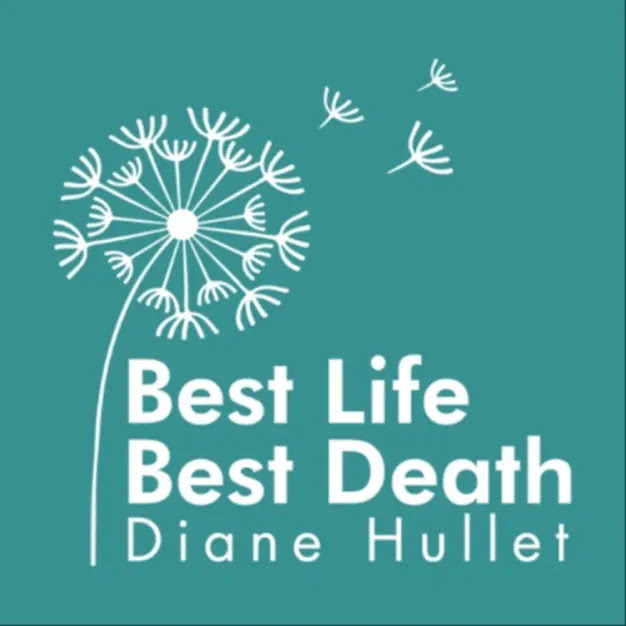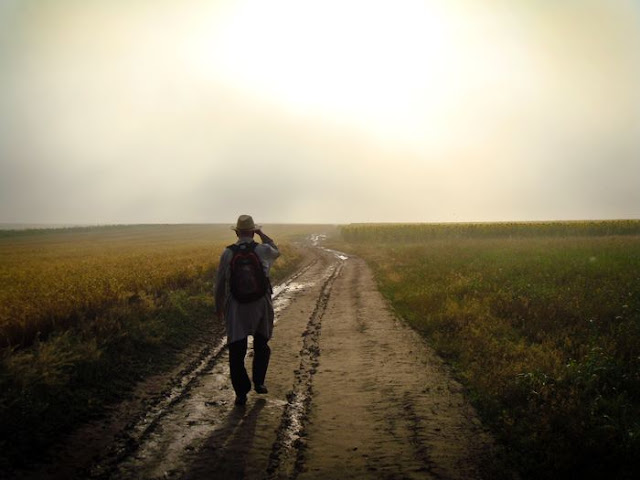Cancer Diary: Anger Is a Multifaceted Thing

Anger, in its narrow form, is one of the stages of dying that Elizabeth Kubler-Ross identified quite some time ago in her book, On Death and Dying . People go through various stages, according to Kubler Ross (though her stages have been disputed ), the second of which in her model is anger (though she herself later stated that the stages are not necessarily sequential). While anger of the patient was the focus of Kubler Ross and of most books and posts about cancer (and other dying) patients, my recent experience is that anger comes also within and from the caregiver, who had not planned on this life-changing (and time-changing) activity and likely is not prepared for it, whether it be lack of skills, lack of knowledge, lack of medical communication or options, lack of time to accomplish all that is necessary and thereby creating considerable stress, or lack of temperament/patience, causing anger to well up as a reaction to inability to control the environment and limited t...




